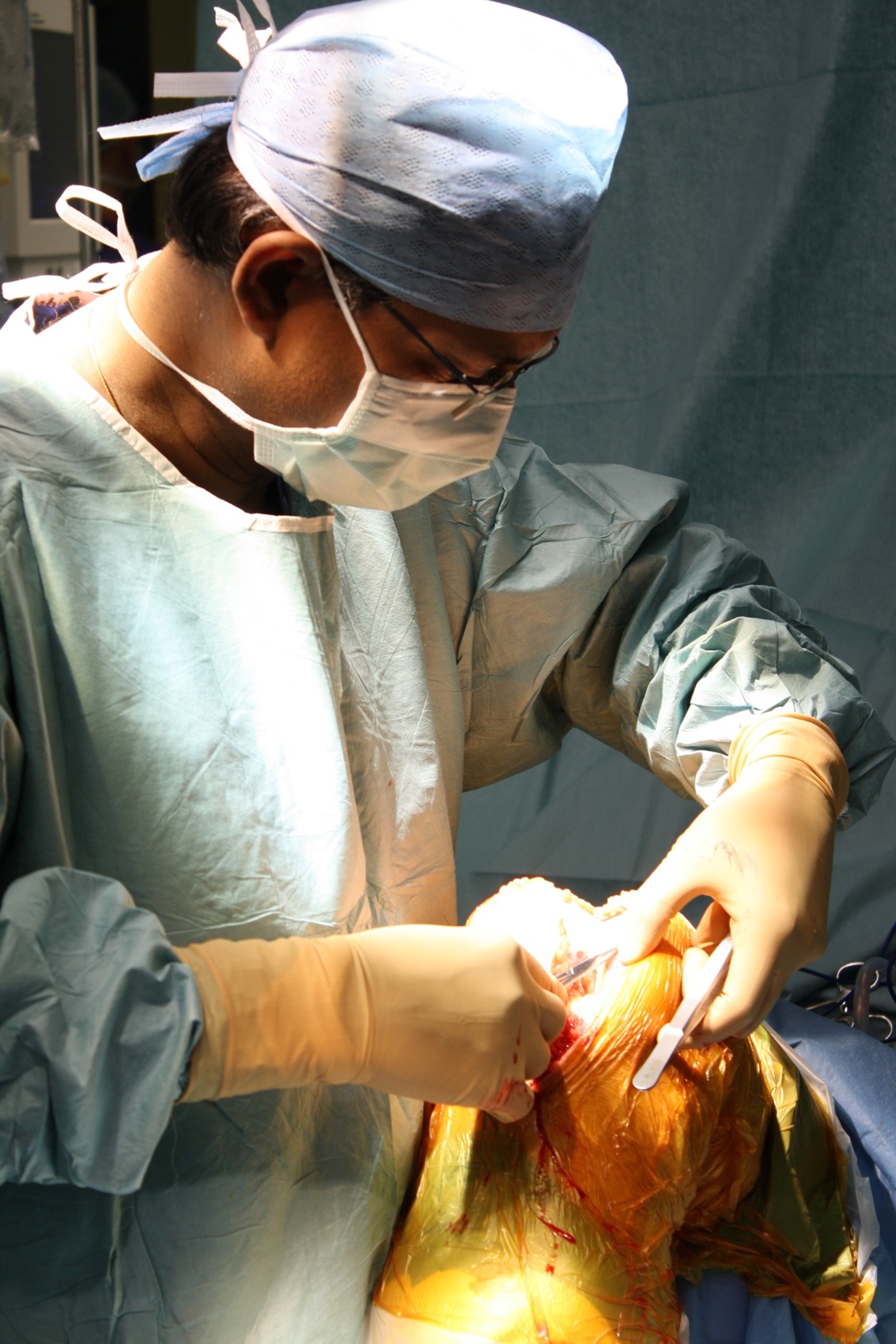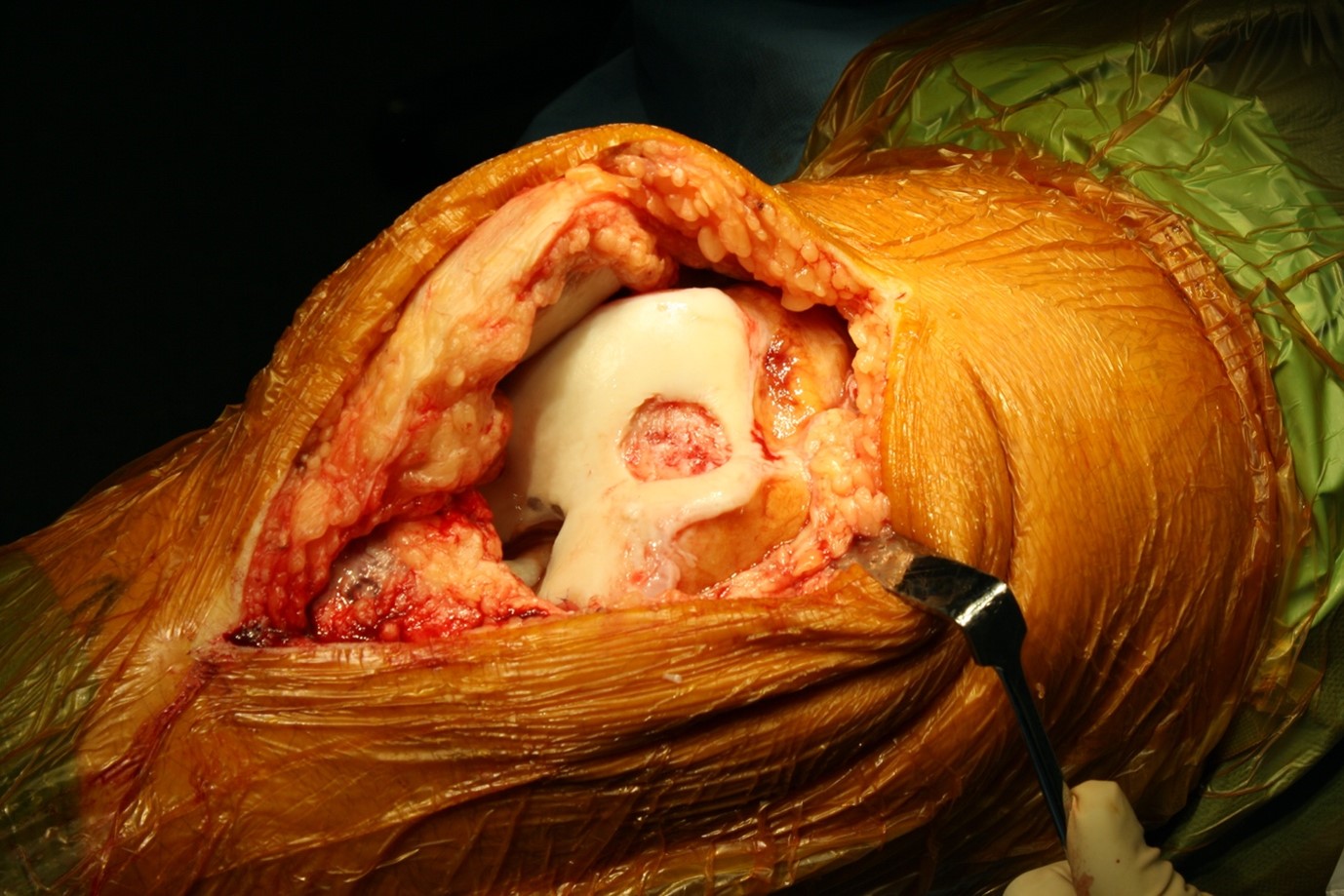ACI / MACI
ACI and MACI services in Birmingham
ACI / MACI services in Birmingham
Professor Prakash is an Orthopaedic Surgeon with specialisms around ACI / MACI in Birmingham. He routinely performs surgery related to the knee and is one of the leading consultants in the UK.
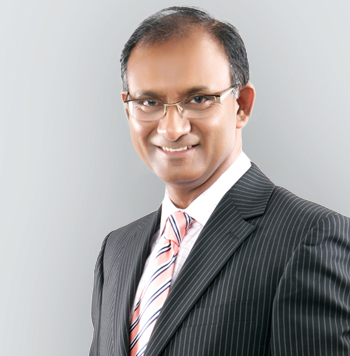
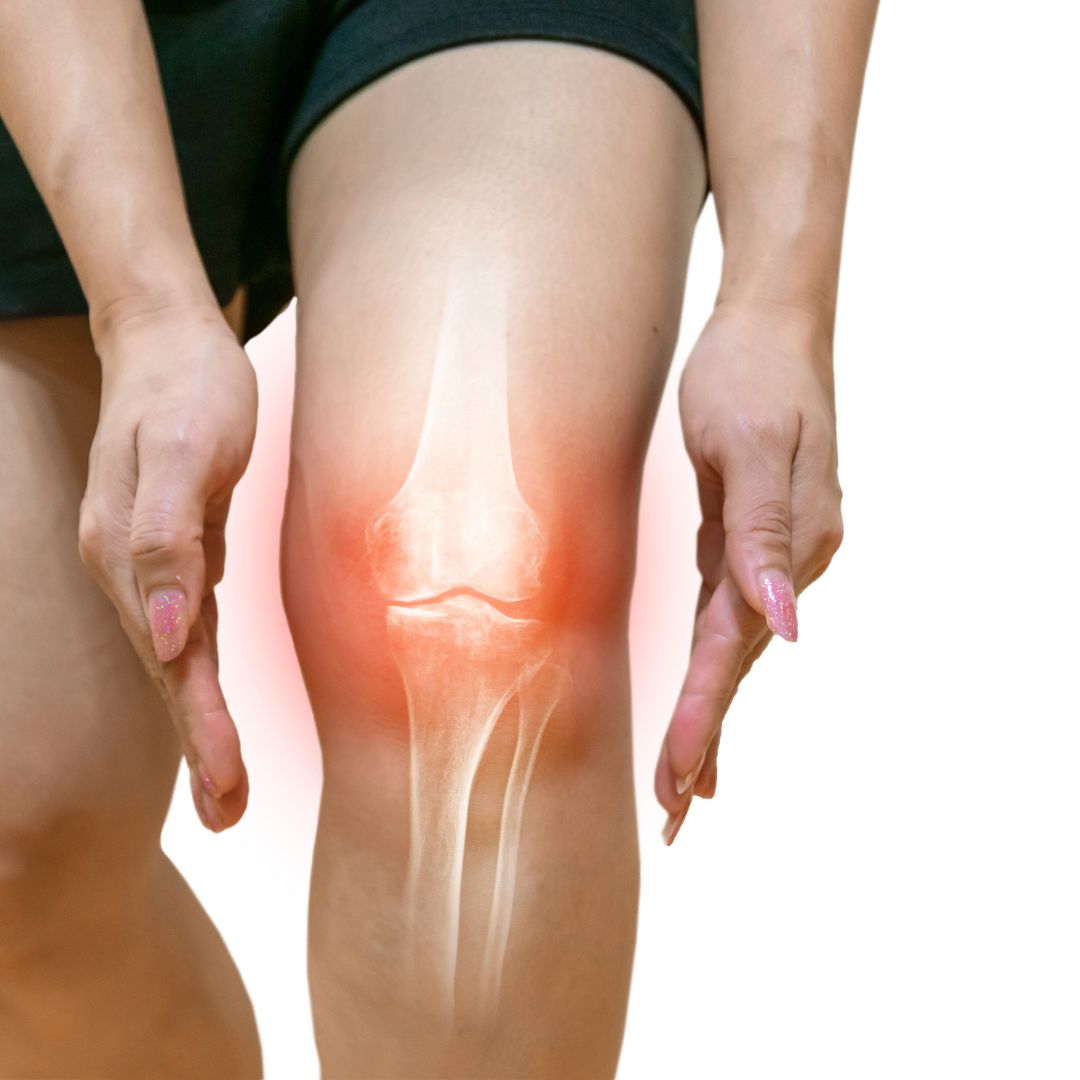
ACI / MACI Overview
Young people often have niggling pain in the knees which is not severe and can be caused by damage to the articular cartilage. These symptoms are often ignored because they are not acute. However, left unattended, the damaged area gets worse and progresses to arthritis.
Damaged articular cartilage which lies on a bone’s articular surface (those surfaces which come into contact with other bones) does not heal itself because there is no blood supply.
Symptoms
It can be associated with pain, loss of function and disability, and may lead to debilitating osteoarthritis. These manifestations gradually get worse and can severely impair an individual’s activities of daily living such as walking and enjoying sporting activities and adversely affect quality of life. The damage can result from a variety of causes, such as a bad fall, sporting injury, previous knee injury or simply wear and tear.
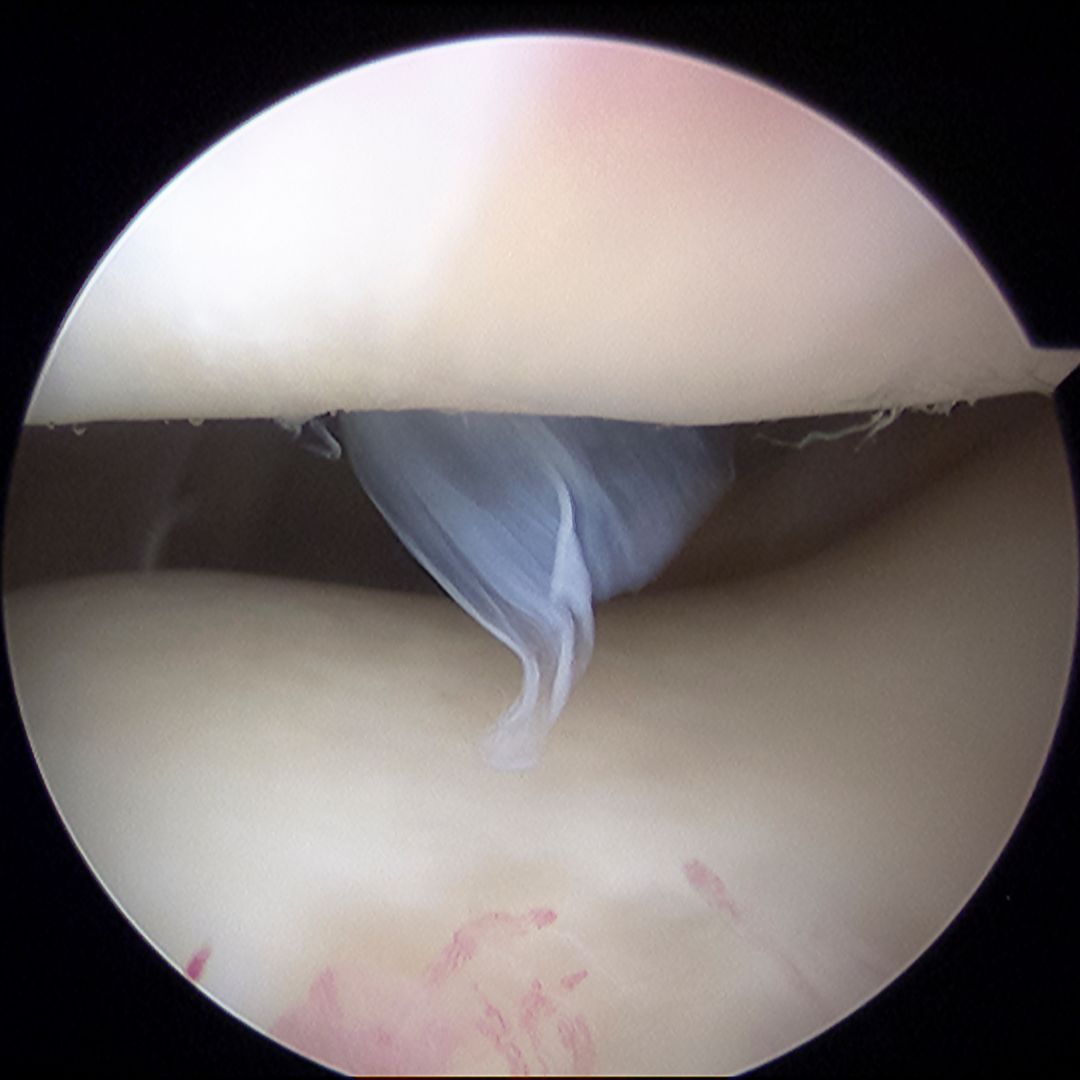
Procedure
There is a new technological development which can be performed to help repair this damage. It uses a patient’s own cells in an effort to repair damage to articular (joint) cartilage to improve joint function and reduce pain. This technique is called autologous chondrocyte implantation (ACI), or autologous chondrocyte transplantation (ACT). The procedure is undertaken in two stages.
The first stage involves the collection of articular cartilage cells called chondrocytes through arthroscopy (keyhole surgery), and these cells are sent to a licensed laboratory where they are harvested for about four to six weeks.
At the second stage, the cultured cells are implanted into the damaged area of the knee which attach to the bone and repair the articular surface. Implantation is carried out as an open procedure.
ACT is not suitable for all patients with cartilage problems. It is normally only considered for people between the age of 18-65 years who have already undergone surgery for articular cartilage problems but the patients remain symptomatic and do not have full-blown osteoarthritis. Patients are given details of their rehabilitation regime and are typically allowed to put weight on their operated leg after six weeks and physiotherapy is continued for up to 12 months. Sporting activities are curtailed during this time.
